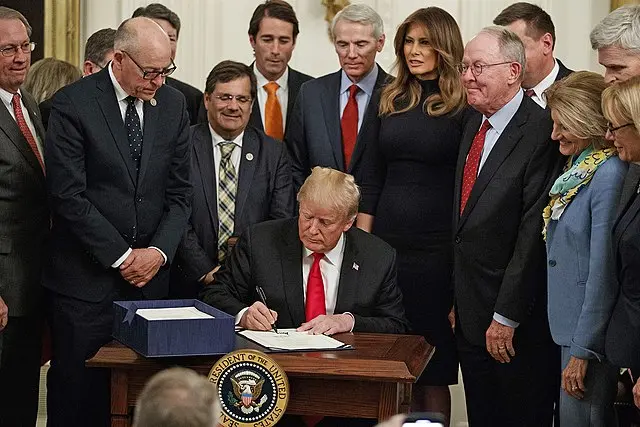Market-makers suggest EMIR 3.0 misses big European problem
11th April, 2024|Luke Jeffs

Speaking at the FOW Trading Amsterdam conference on Wednesday, Niels Lemmers, head of Public Affairs at Flow Traders, said the so-called EMIR 3.0 regulation fails to tackle the main European problem
Two top market-makers have criticised the regulation that mandates European trading firms to have active accounts with a European clearing house, suggesting the reform does not tackle the biggest European problem of fragmentation.
Speaking at the FOW Trading Amsterdam conference on Wednesday, Niels Lemmers, head of Public Affairs at Flow Traders, said the so-called EMIR 3.0 regulation fails to tackle the main European problem.
He said: “At Flow Traders, we favour clearing but we also so see another aspect of this regulation which is the fragmentation of the central counterparties which increases costs and increasing costs find their way into the price of the products that are traded, which is paid by the end-users.”
Lemmers told the delegation: “I’m not sure if all this new regulation and rules will end that fragmentation and the constant increase of cost.”
Diederik Dorst, chief commercial officer at All Options, agreed with Lemmers, suggesting Europe’s fragmented post-trade landscape is hampering innovation and product development.
Dorst told the conference: “There is one key hurdle to growth connected to new products and that is the back-end: post-trade. Introducing new markets takes a lot of lead time at the General Clearing Member to be able to implement that and the European post-trade infrastructure is so incredibly complex as a result of all the national exchanges and their associated clearing whereas I was surprised how easy it is to do business in the US: it’s OCC for derivatives and the DTCC for equities and you’re done.”
Dorst added: “We are still trying to discuss the same problem and we try to address symptoms with Emir 3, 4, 5 and 6 but why not sit down and hammer out a post-trade system that is simple, works for everyone and takes away the base costs?”
Rafael Plata, the secretary general of the European Association of CCP Clearing Houses, adopted a more nuanced tone on Wednesday when he said: “In 18 months, these accounts should be set up and active If that is not the case, we should see some further action. Is that really more cost or not? I don’t know, you are allowed to say, you are the users of the market.”


